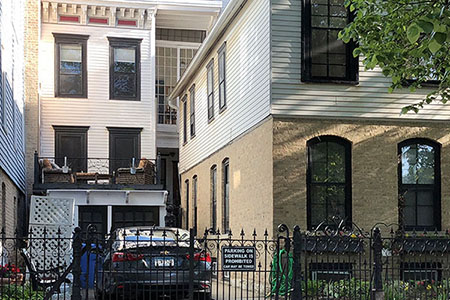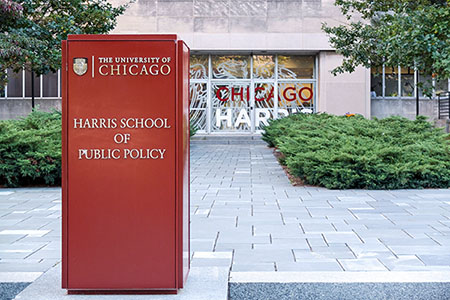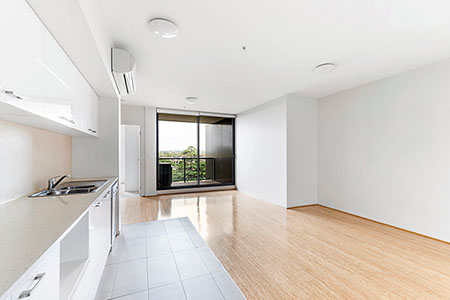111 E Chestnut St
(Above) 111 East Chestnut, a 444-unit 56-story Gold Coast condominium also known as Elysées (MLS/MRED). Apr. 6, 2019 – A unit owner’s lawsuit against a Gold Coast condominium association he says retaliated against him for expressing opinions about how it was managed will be allowed to move forward. The Appellate Court of Illinois has reversed a dismissal of the complaint, saying the unit owner, Brian Connolly, did “sufficiently plead” violations by the association of the Illinois Condominium Property Act. A lower court had not only dismissed the complaint but ordered Connolly to pay the condo association $111,943 in attorney fees and related costs and, saying some filings in the lawsuit were frivolous, imposed $42,000 in sanctions against Connolly’s attorney, Norman Lerum.
Connolly, however, says the real reason was that he was an “outspoken critic” of the board, of which he was once a member. He accused the board of 111 East Chestnut Street Condominium Association of conflicts of interest and self-dealing. He says they did not enforce rules and regulations and did not properly obtain building permits. He reported them to government agencies. When the condo board removed Connolly as a director, they then changed their bylaws so that a director, once removed, could never again serve on the board. The alleged incidents for which he was fined included telling residents that food was not allowed in the pool area, telling a young resident he could not bring his bicycle into a passenger elevator, confronting a resident who walked her dog through the building’s main entrance, and disconnecting a resident’s iPod when they did not turn down the music volume.
His lawsuit accused the condo board of breach of fiduciary duty, breach of governing documents, shareholder oppression, and malicious prosecution. It was dismissed on July 24, 2014, with the defendants saying it was improperly pleaded and included hyperbole and statements that had no supporting evidence. They also argued that directors cannot be held liable to unit owners for mistakes in judgement. The March 29 decision reverses the attorney fees and sanctions and remands the case back to Circuit Court. According to Lerum, it is now up to the condo association to decide if they want to proceed against Connolly. Connolly, says Lerum, “can continue if he wishes with his First Amendment claim. He might. But there’s been a lot of litigation here and hopefully they’ll try to resolve it.” Condo board had similar outcome last year with another unit owner 111 East Chestnut is the same condo association that lost a similar case in 2018 in which a unit owner was fined for expressing opinions about his condo board. Michael Boucher successfully sued 111 East Chestnut Condominium Association and seven of its board members after they imposed a $500 fine against him for allegedly violating condo rules that prohibit “obnoxious or offensive activity within the association.”
He says condominiums are communities that operate under state law, not private clubs, and so unit owners do have First Amendment rights under the Illinois Condominium Property Act.
|








 Related story:
Related story: 








